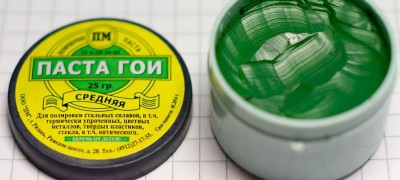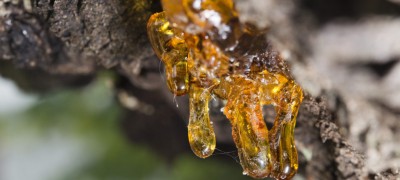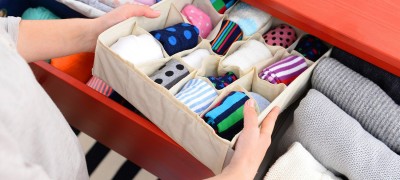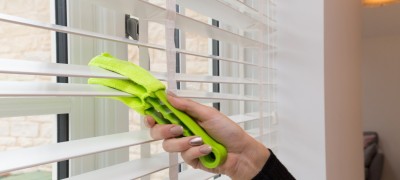Coffee machine cleaner
Any household appliances require constant maintenance, and the coffee machine is no exception. The frequency of cleaning depends on the systematic use of the device and the "hardness" of the water. With the correct attitude and permanent maintenance of the coffee machine, the cost of expensive repairs can be avoided. To do this, you must follow the instructions for use, know the features of the brewing mechanism and decalcify it in a timely manner.
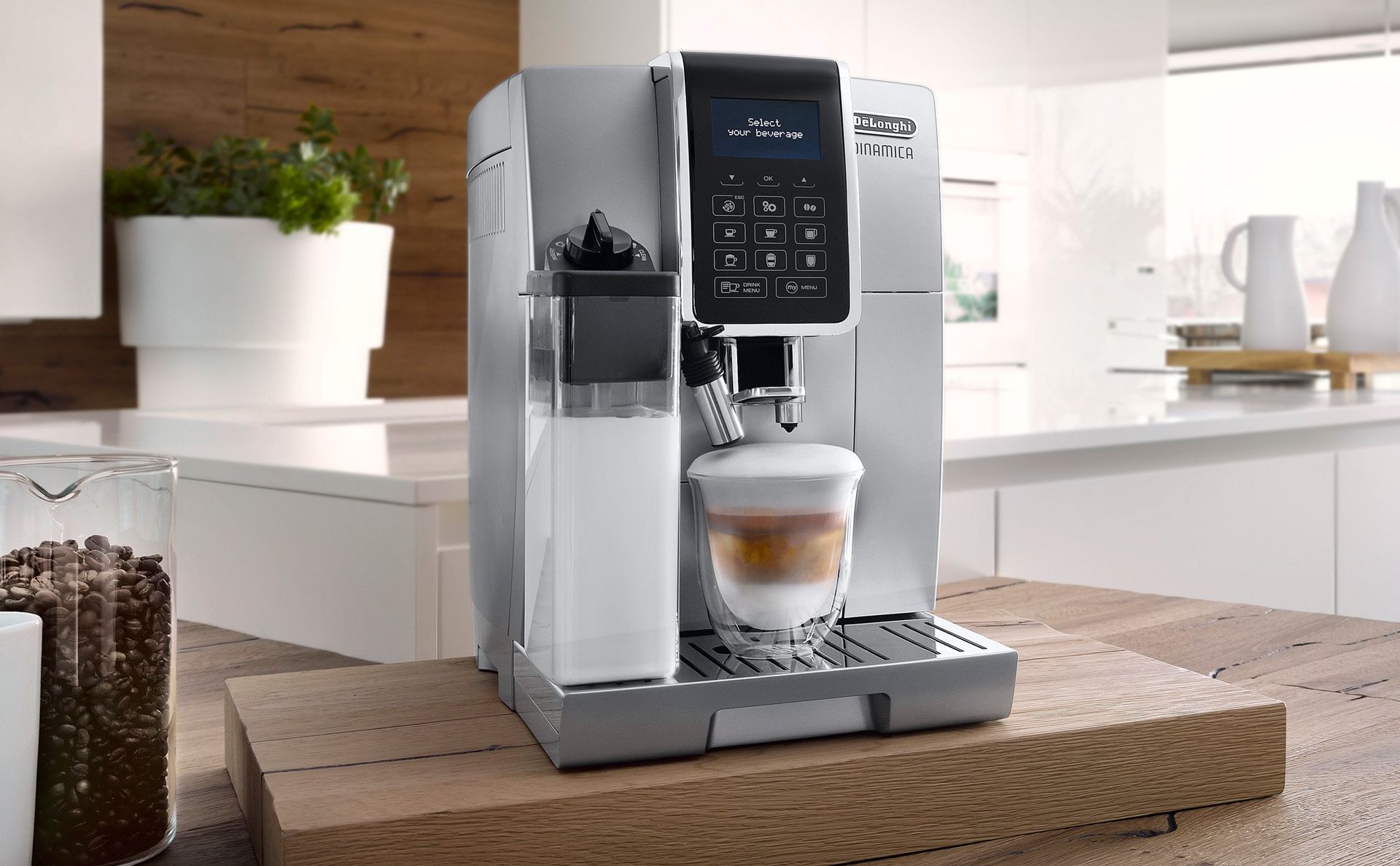
Diagnosing the problem
The user can face many problems when the coffee machine:
- Doesn't brew coffee.
- Does not form a tablet.
- Does not collect water (or does not heat it).
- Does not froth milk.
- Does not grind grains.
- Capsule problem.
- Noises, hums, etc.
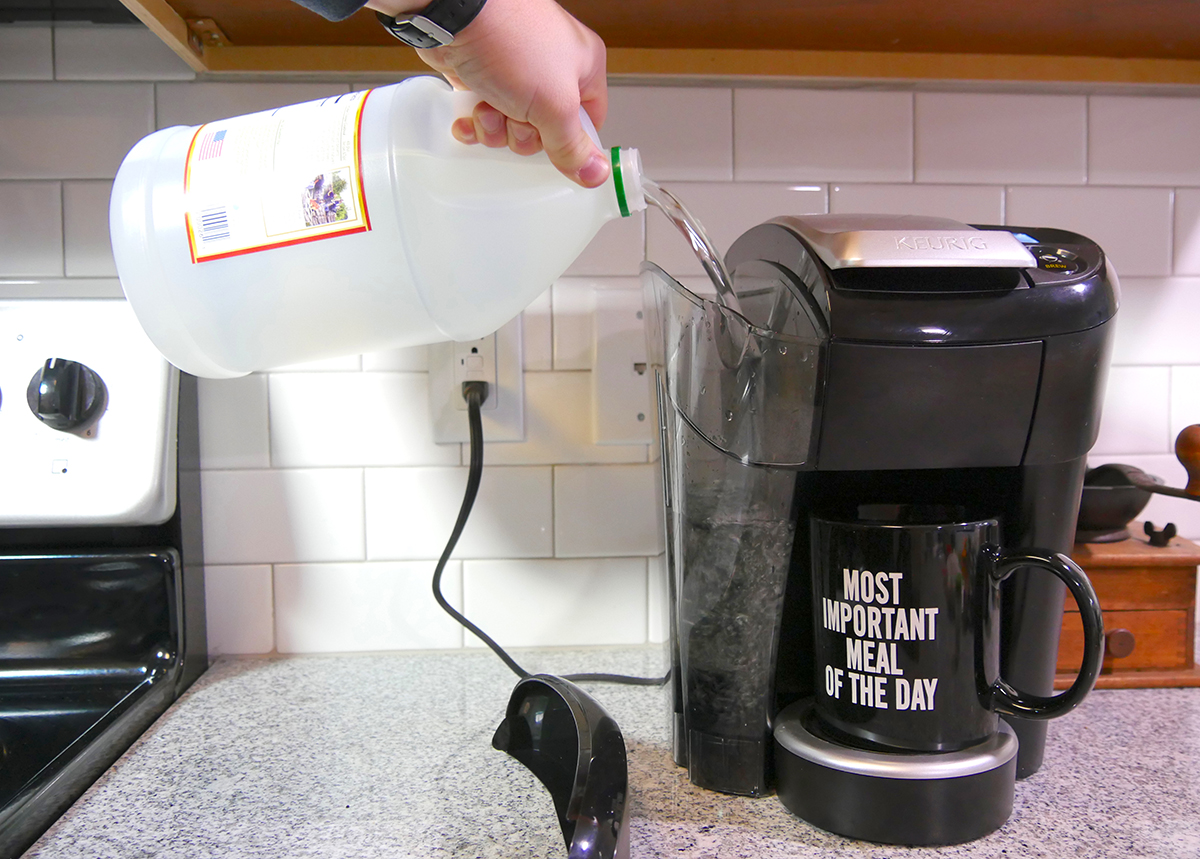
To eliminate the malfunction, it is necessary to understand the possible causes of the breakdown. Among the main ones are:
- The seal is damaged.
- The filter is clogged.
- The heating element is broken.
- Air valves clogged.
- The pressure control system is out of order.
- Electric motor burned out.
- The grinder is broken.
- Clogged hydraulic system.
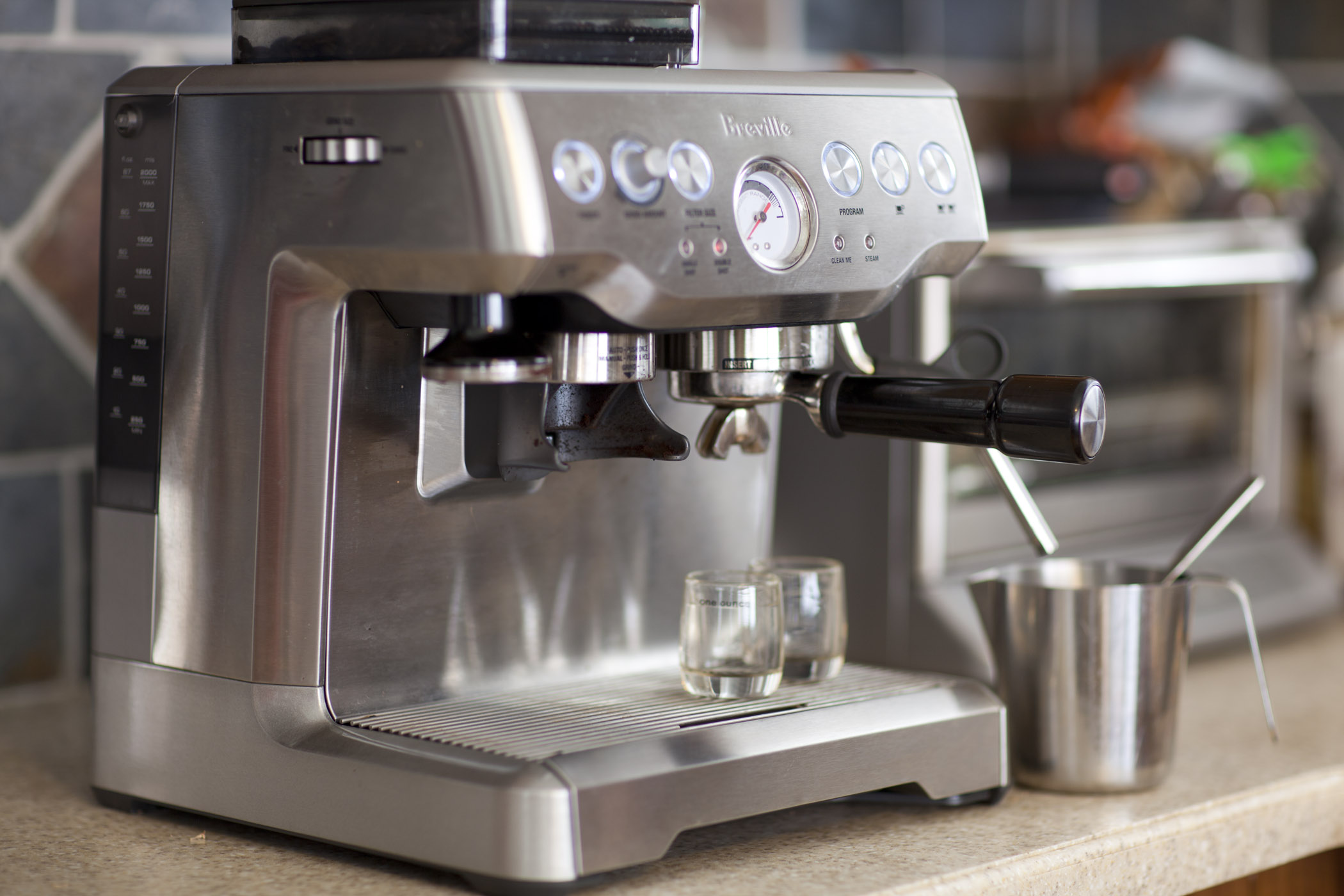
It is important to remember that a change in the taste of the drink is the first sign of the presence of scale, particles of which get into the drink and form a sediment at the bottom of the cup. There are no limescale sensors in the heating system of the coffee machine, the machine only counts the number of liters of water used. Accumulation of limescale and coffee oils on parts is the most common cause of machine failure. If parts are worn out or the internal structure breaks down, it is likely that you will not be able to solve the problem on your own, but timely cleaning of the coffee maker will help to avoid the formation of rust.
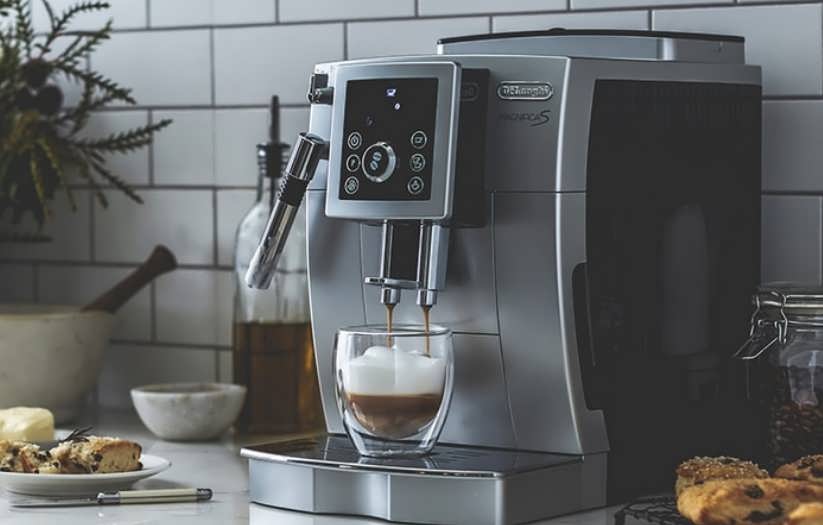
During coffee preparation, steam is forced through the ground coffee under pressure. As a result, coffee (or essential) oils and hard salts accumulate in the areas of evaporation, forming scale and making the operation of the coffee machine difficult.
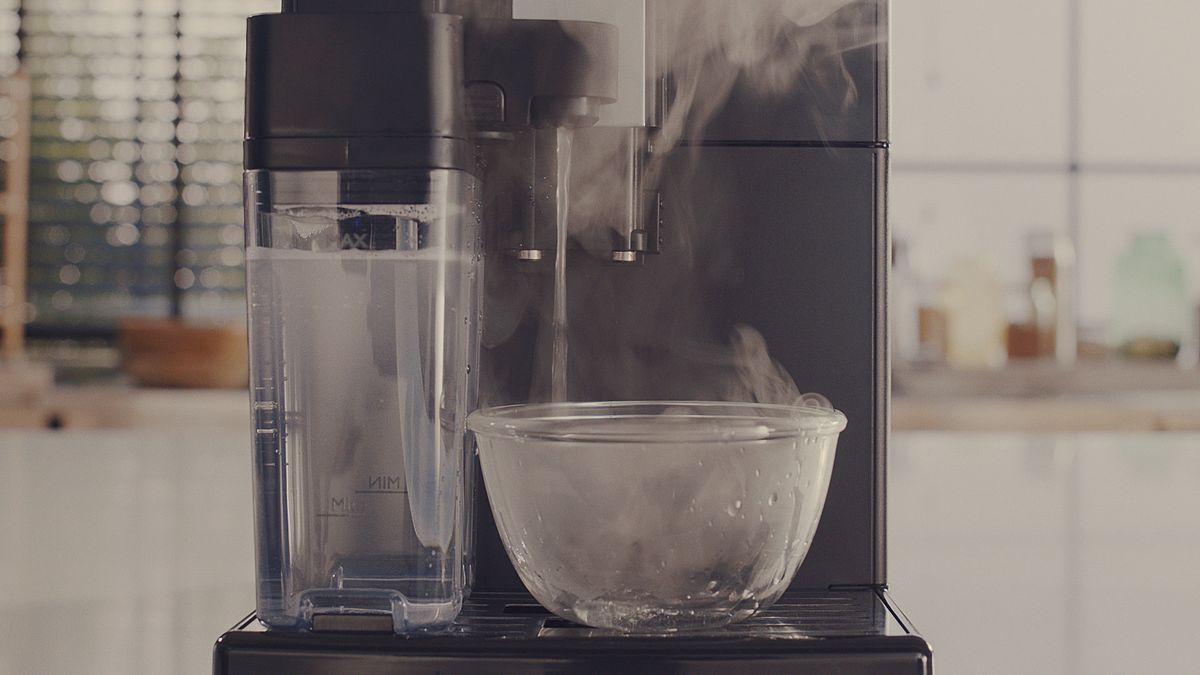
Is it possible to descale the coffee machine yourself?
The answer is yes, it is possible. There are models that have a self-cleaning function; in other cases, the device must be serviced manually. It should be noted that if the water used for making coffee, “soft” cleaning should be done once a year, if it is “hard”, then the machine should be checked for limescale at least once every several months. But the brewing unit, like the milk supply system, requires daily flushing. In addition, the brewing group must be lubricated every two months.
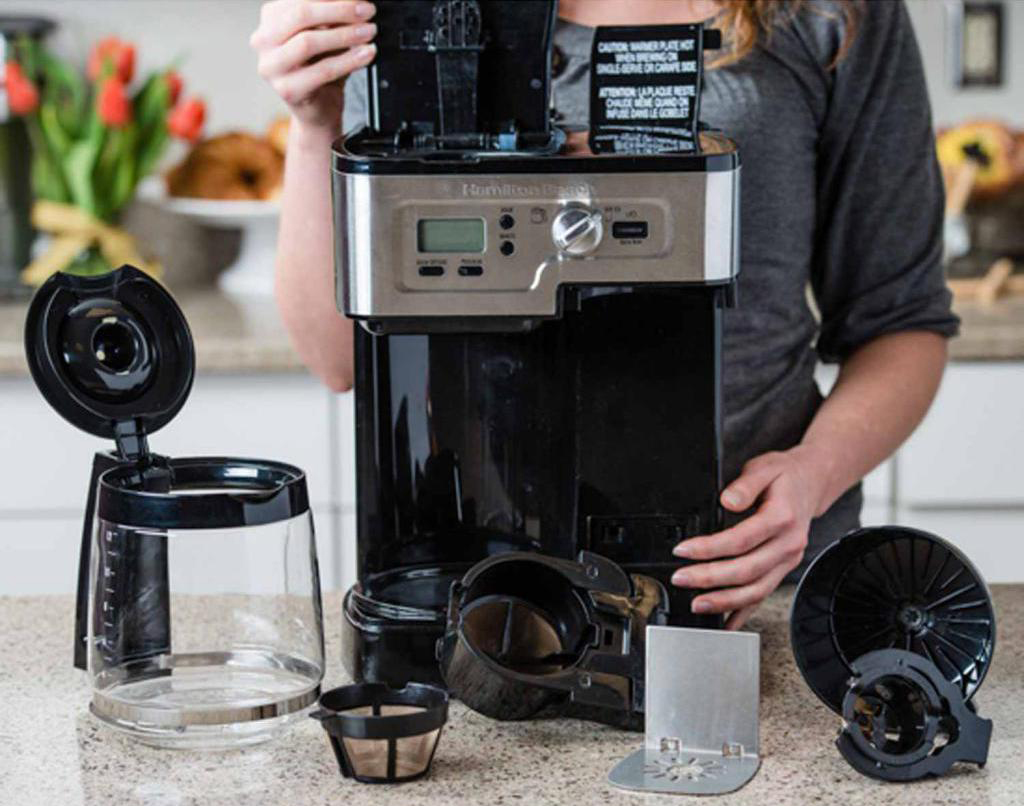
The main parts of the coffee machine design:
- Hydraulic system.
- Heating system.
- Power supply unit.
- Removable elements.
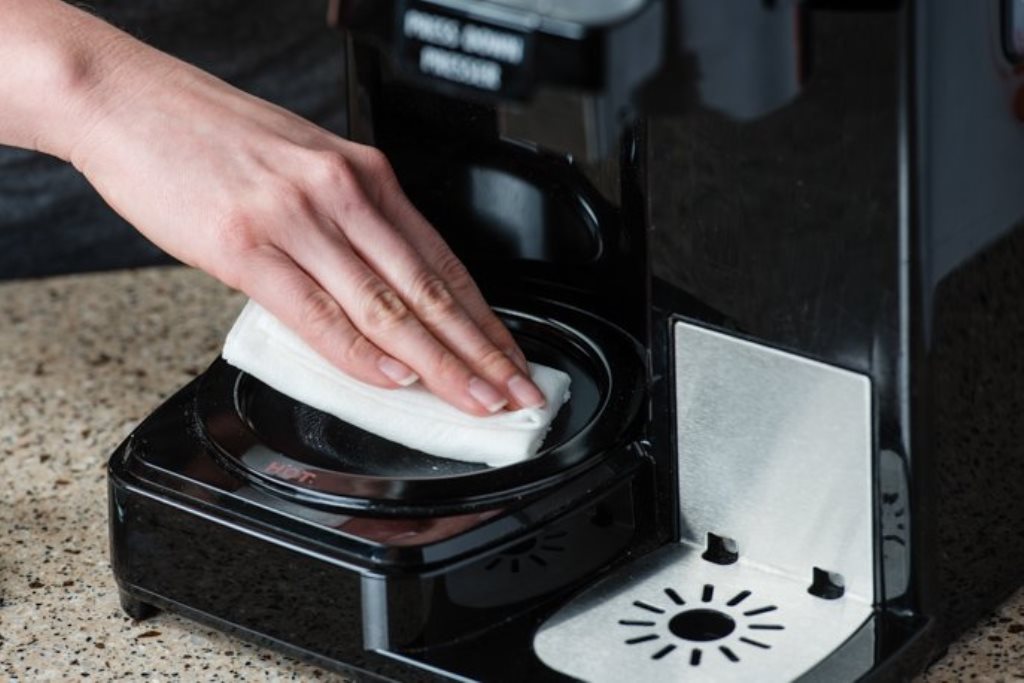
Among the cleaning methods at home, the following can be distinguished:
- Special cleaning agents (liquid solutions or tablets)
Liquid decalcifiers are dissolved according to the instructions, poured into a container and "run" through the apparatus. Ordinary household chemicals for baths or stoves, dishwashing detergents, etc. are categorically unsuitable, since they contain corrosive substances that can spoil the details of the structure. Often, firms offer special cleaning products for their coffee machines, as they are designed taking into account the characteristics of the manufacturer. More expensive products can be more concentrated, which means they will be enough for more uses.

There are also universal cleaners, for example, Top House. This tool will not only help to cope with scale, but also prevent corrosion. Topper is another versatile product designed with delicate metal or plastic parts in mind. The German company Glotuclean offers a whole line of kitchen products, including a special liquid for descaling the coffee machine. This liquid is sold in a liter package, which makes it more profitable compared to competitors.
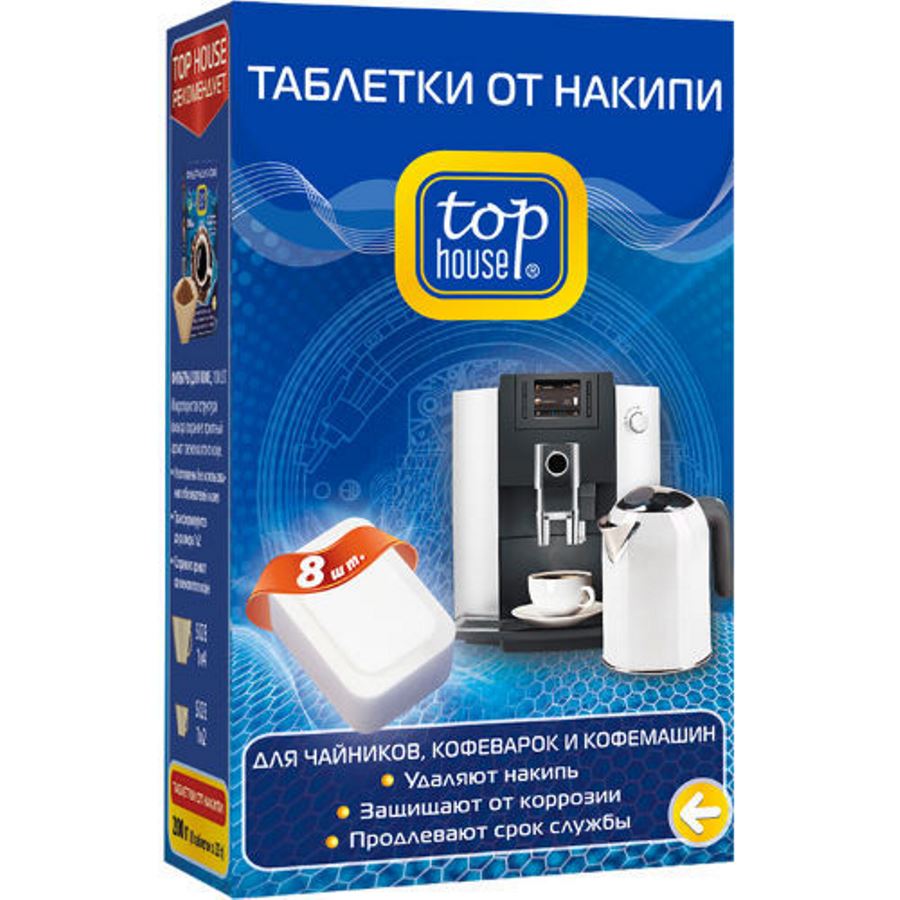
There are two types of tablets for coffee machines: for descaling and for cleaning oils. The first type of tablets must be diluted with water and filled with liquid into the water tank. The latter are placed in the ground coffee compartment. Such tablets are produced by Bosch, Jura, Krups and others. Special products are more expensive than traditional ones, but it should be remembered that after cleaning they do not leave an unpleasant smell or taste.
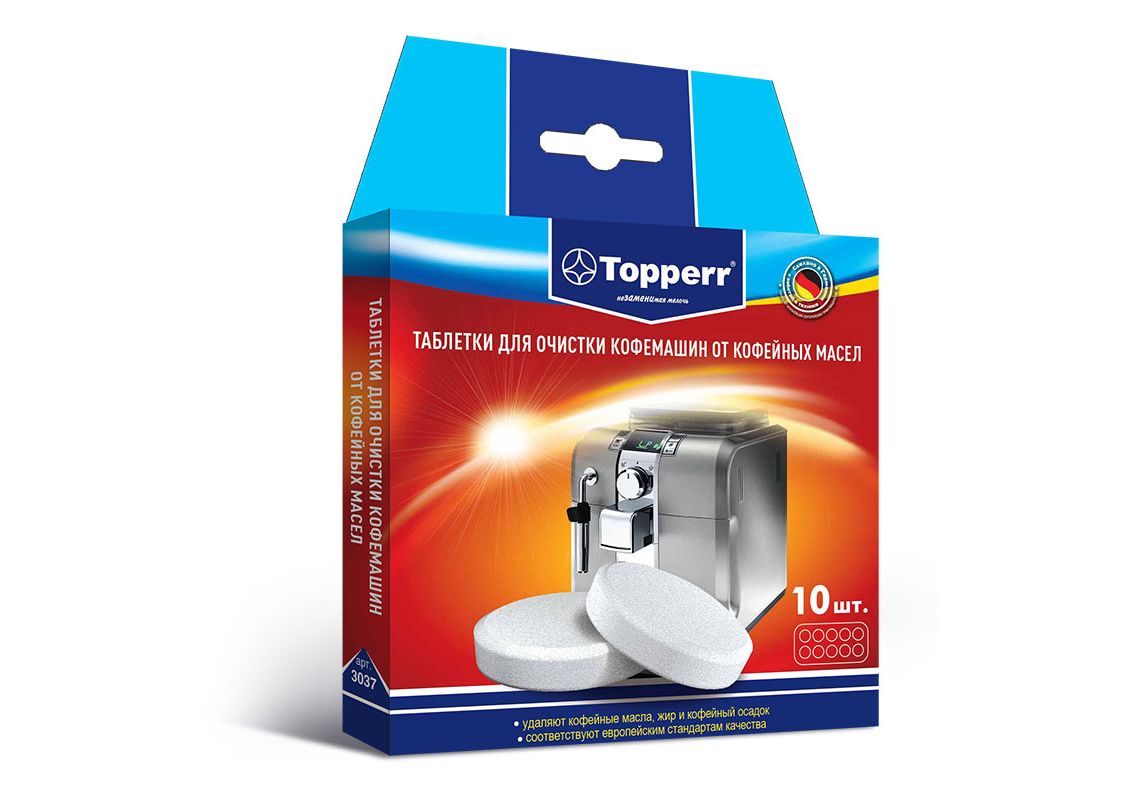
- Folk remedies
Most coffee machine descaler contains citric acid. It is absolutely safe, both for technology and for humans, and you can buy lemons in any supermarket, and the cost is much lower than that of special products.
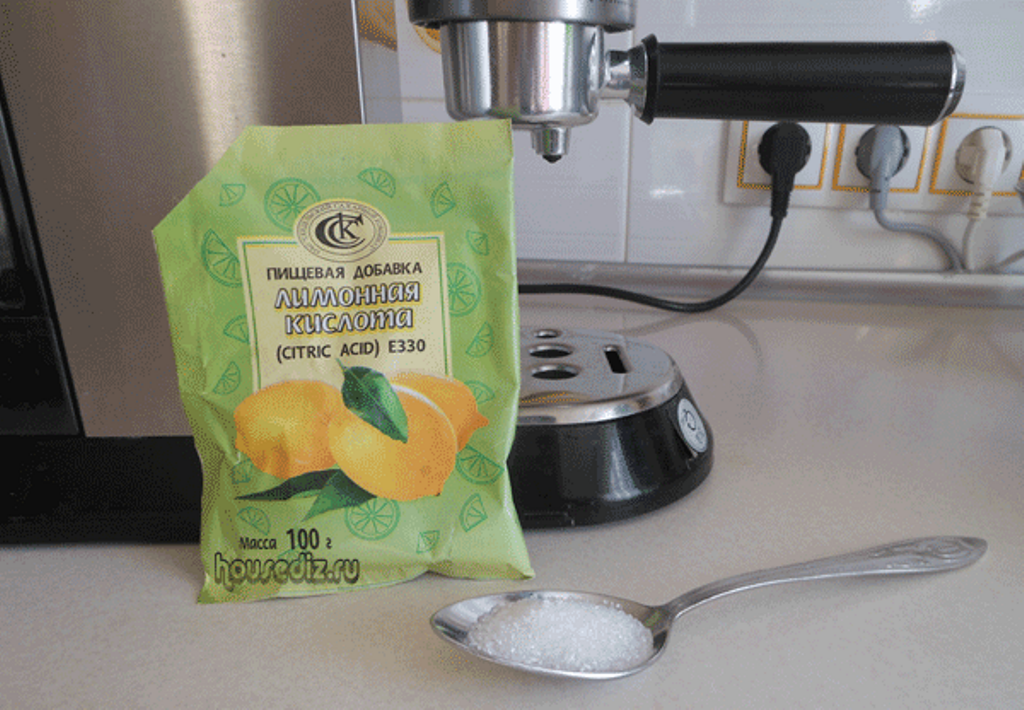
To prepare the solution, you need to dilute the juice of 1 or 2 lemons (or 30 grams of powdered citric acid) with a liter of water. Pour the liquid into the water tank and leave for several hours. After this time, start the coffee preparation program until all the liquid has been consumed. Then rinse the infuser with running water. This flushing should be done twice. This method has no drawbacks.
Another folk remedy is acetic acid. For the solution, you need to dilute a glass of ordinary table vinegar with three glasses of water, that is, in a 1: 3 ratio. As in the case of citric acid, the liquid is poured into the tank and the coffee preparation mode is activated.
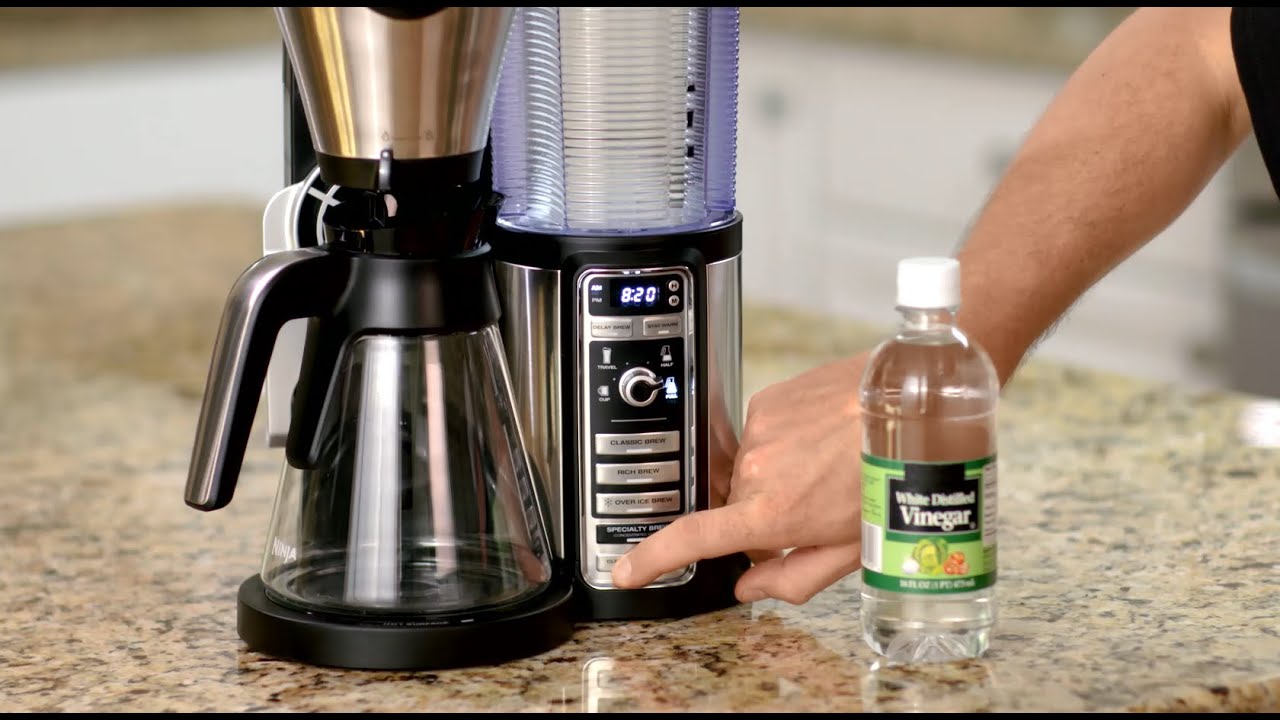
It is worth noting that this method has significant disadvantages: a pungent smell and ineffective removal of coffee oils, which will mix with vinegar and spoil the taste of the drink. It is also strongly discouraged to use soda or Coca-Cola.
For capsule coffee machines, there is no need to clean, as the brewing unit is the capsule itself. For horn units, before cleaning, you must manually remove the horn and rinse with running water.
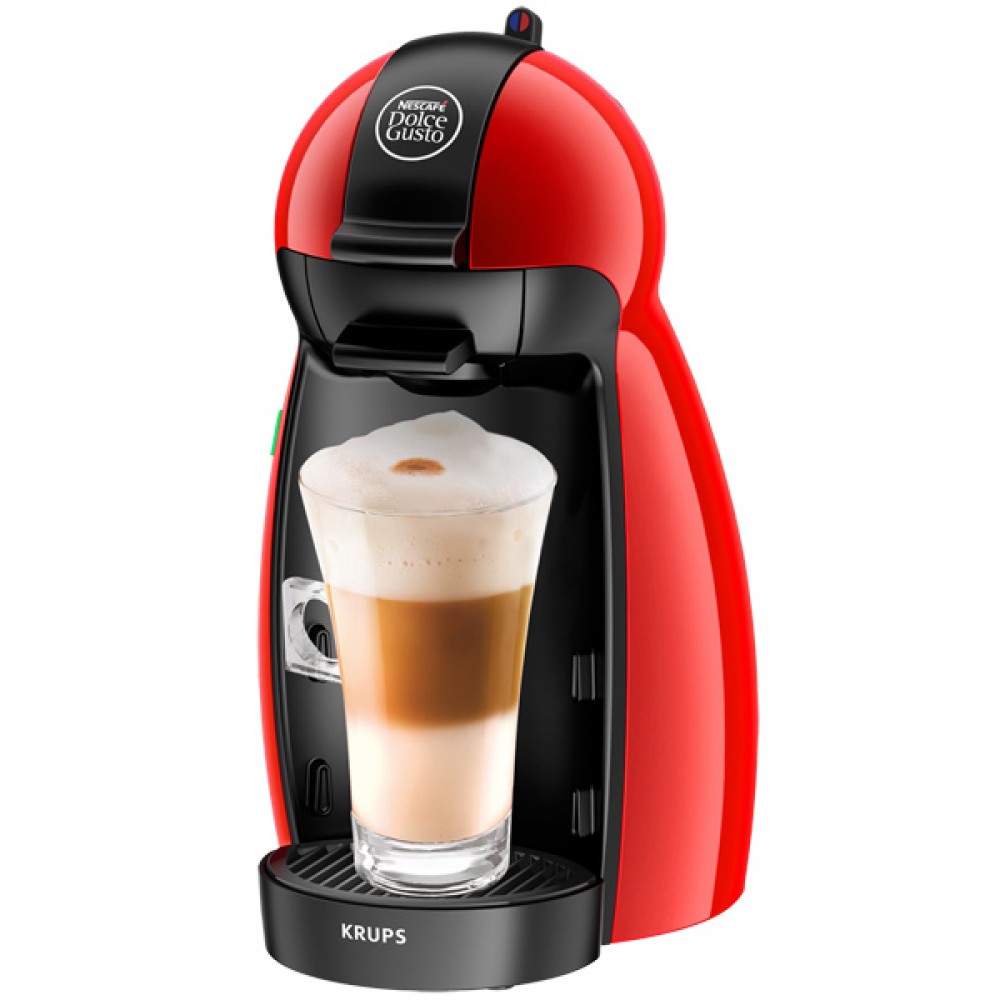
Important: the manufacturers recommend preparing several cups of coffee after such cleaning, but not for consumption, but in order to be sure that neither the cleaning agent nor the scale particles remain on the inner surfaces of the mechanism and do not get into the drink.
- Mechanical cleaning of parts
It is recommended to clean the drain pan and cake strainer daily. To clean the grinders of the coffee grinder, there are special tablets that are placed in the bean compartment and the grinding function is activated. Also, all removable parts should be cleaned from the residues of coffee cake with a brush and soap (or in the dishwasher). The cappuccino maker must be washed after each use. It should be removed from the water and steam tube and all removable parts should be rinsed with water.
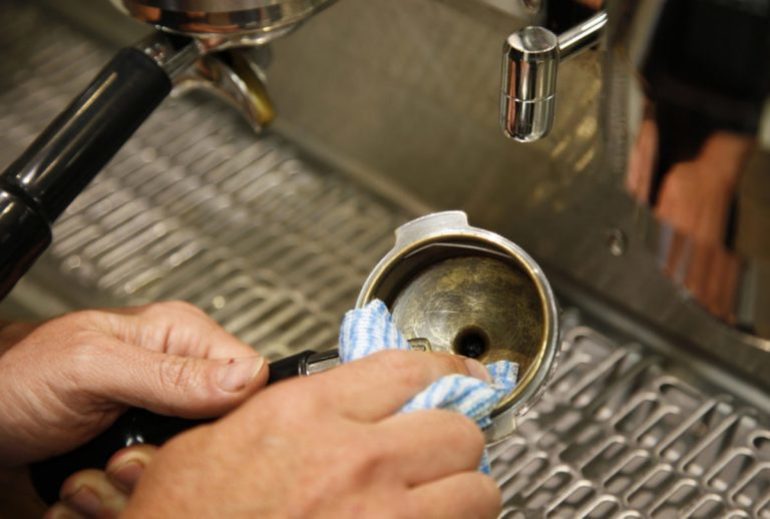
Lubricating parts with food grade silicone is also quite simple. The instructions will tell you the correct sequence, but in general the algorithm of actions is as follows:
- Remove the brewing group.
- Apply silicone to rubbing surfaces and spread evenly with your finger or brush.
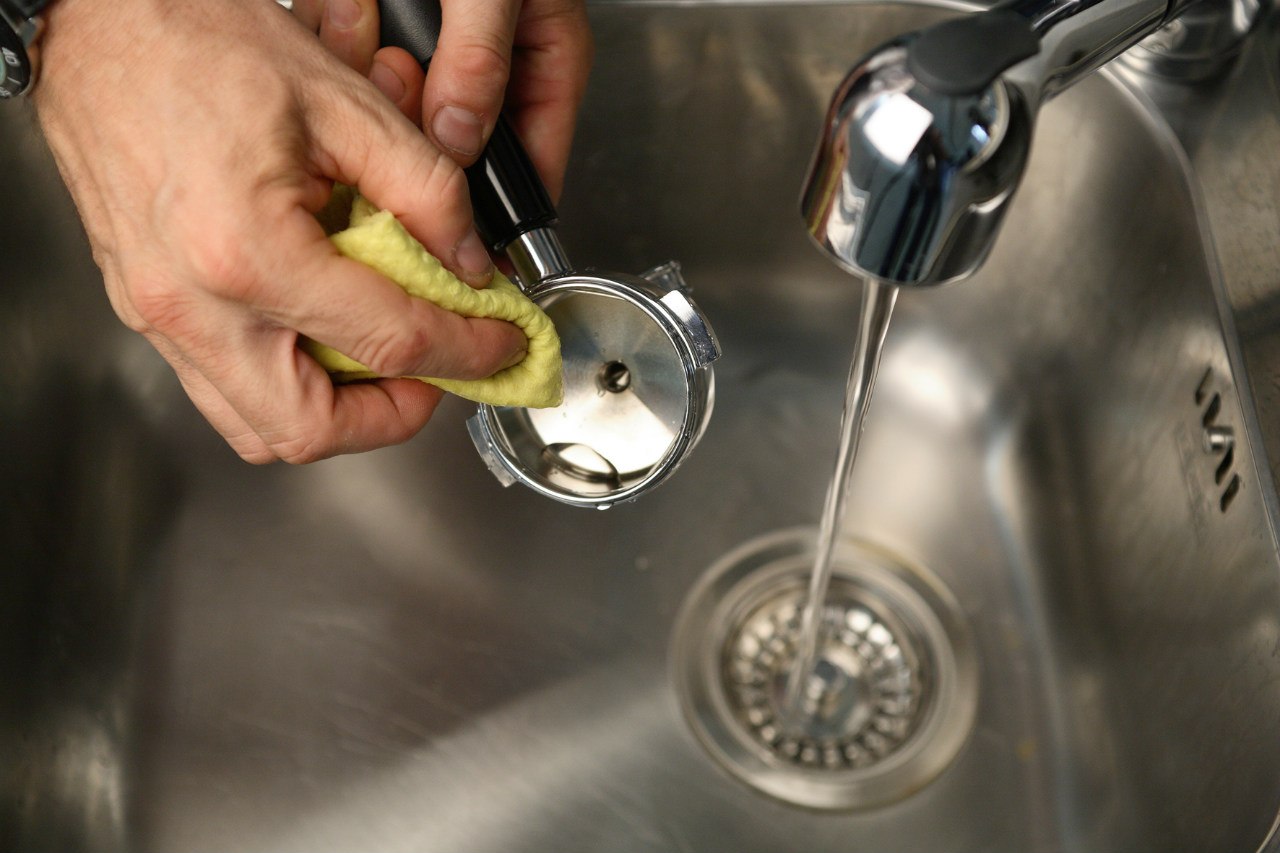
As with descaling agents, coffee machine manufacturers produce their own food grade silicone or petroleum jelly. An important distinctive detail is that the silicone should not be washed off the surface, as it is intended to protect the elements.
Self-cleaning function
More expensive models have a self-cleaning function, i.e. the owner does not need to monitor the formation of scale and the solution of the problem. These types of coffee machines independently activate the function of cleaning the hydraulic system when the machine is turned on or off, or the user adjusts the frequency himself. There are also models in which decalcification is present, but it is semi-automatic. Cleaning of such machines is almost no different from the methods described above, because the user must fill the container with cleaning solution and enable the self-cleaning function.
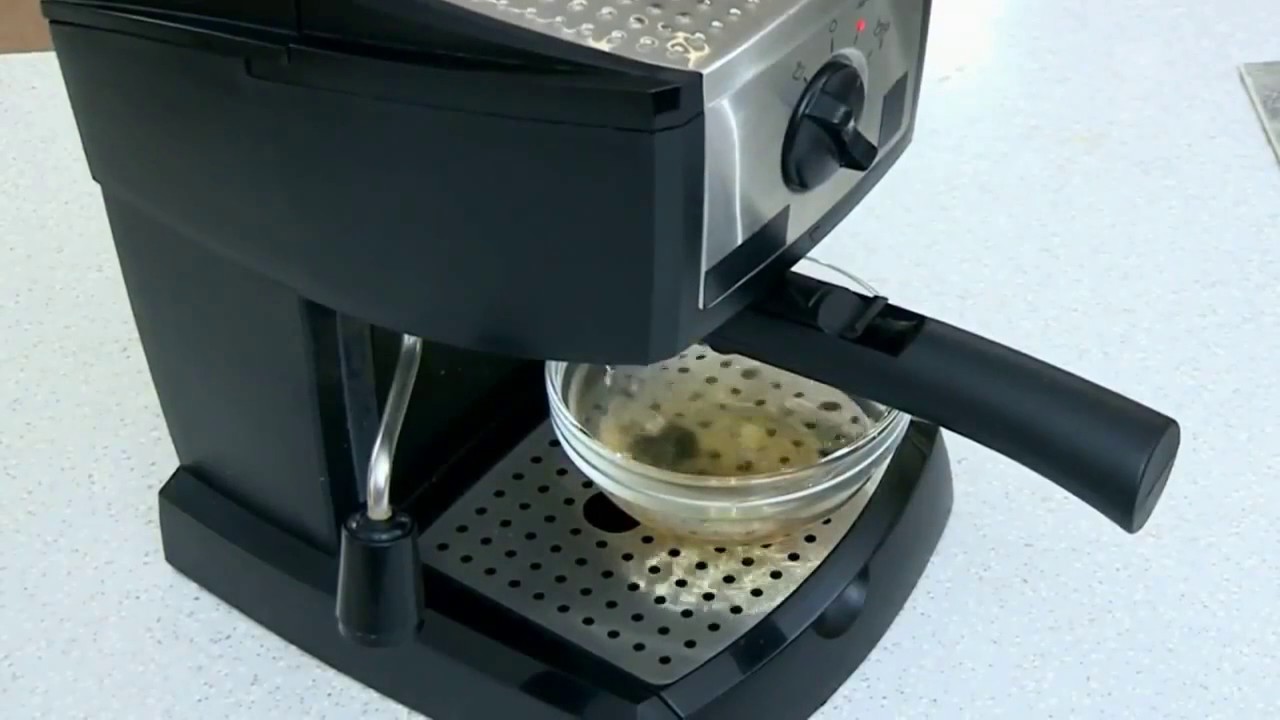
Important: the descaling procedure should be carried out when the tool is not in use, i.e. did not heat up.

The owner of the coffee machine decides which product to use. And yet it is worth noting that special tools, despite their high cost, have a number of advantages, since they:
- "Sharpened" under their own brand.
- They will not damage the delicate parts of the structure with alkali (which will lead to the loss of warranty).
- There will be no residues on the inner walls after rinsing.
- Safe for humans.
- Efficiency guarantee.
- Protection against future corrosion.
- The dosage of the concentrate is clearly defined on the package (in contrast to the recipe with lemon, where the amount of acid is calculated independently).
- Increase the service life.
- The coffee will not have an unpleasant smell or taste.
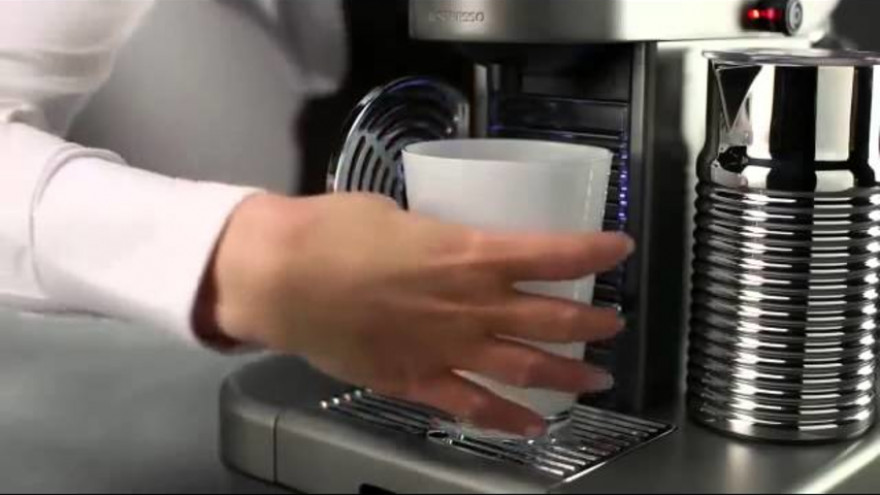
Features of coffee machines of different brands
The cleaning procedure can take from twenty minutes to an hour. Most coffee machines have the same cleaning algorithm:
- Remove residual coffee grounds.
- Prepare the solution and pour it into the water container.
- Place an empty container under the cappuccino maker.
- Switch on the self-cleaning function (or espresso mode) and use up the prepared solution completely.
- Rinse the hopper and horn under running water.
- Repeat the procedure with clean (preferably filtered) water without cleaning agent.
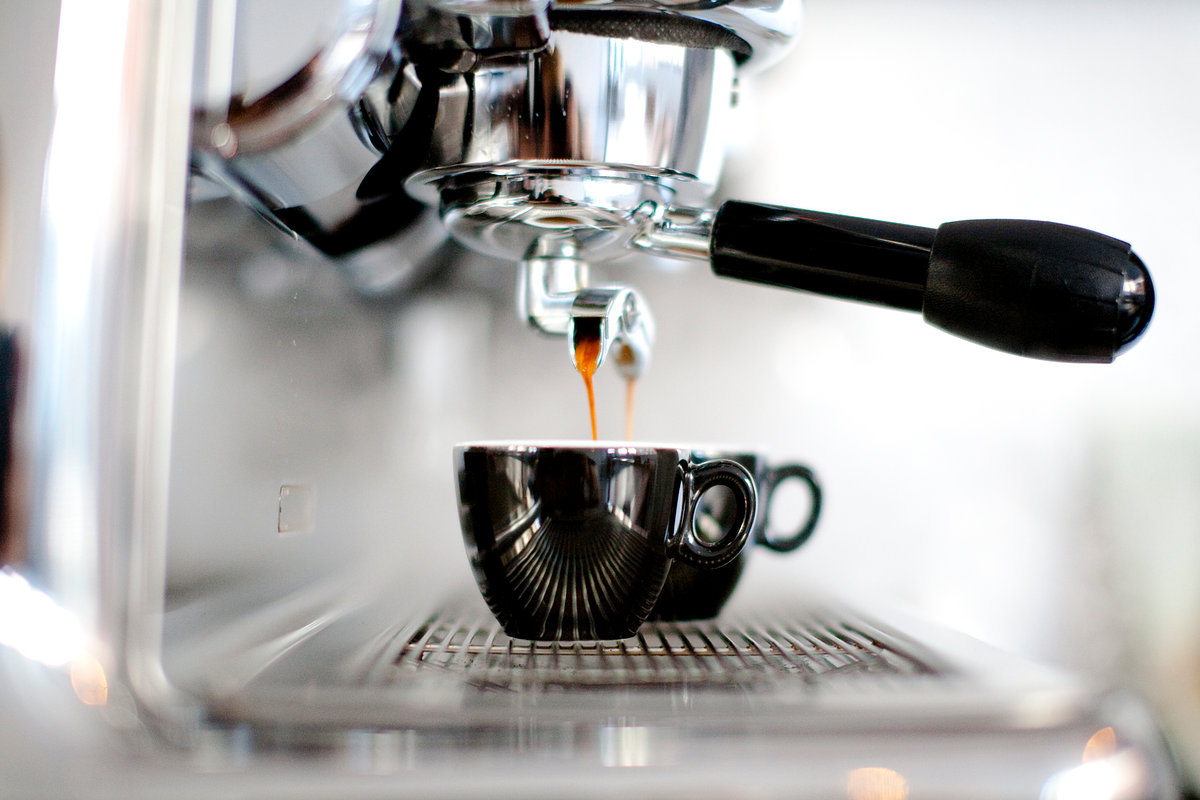
When carrying out cleaning, you must follow the instructions, since individual models of different brands may have their own nuances.
For example, Saeco espresso machines come with a milk system cleaning program that is automatically activated after each milk coffee.The cappuccino maker must be rinsed with running water every day, and once a week it must be disassembled and every detail cleaned. The plaque from the brew group must be removed once a month, for which Philips produces special tablets.
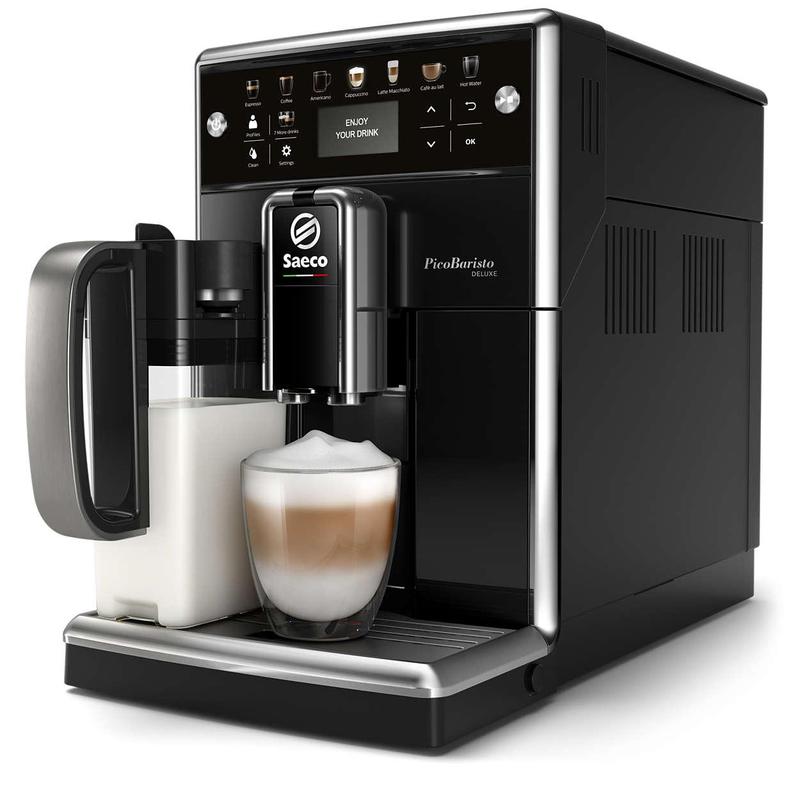
Philips, in addition to descaling tablets, also produces a special silicone food grade lubricant for rubbing structural parts that can quickly wear out. You should not neglect this point of care, as the seals can dry out, and the tightness system of individual units may be disrupted. Most manufacturers recommend lubricating the rubbing elements after every 300 cups.

Bosch, on the other hand, prides itself on its fully automatic coffee machines, which have a dedicated descaling program. In addition, the models of this company are equipped with a special indicator, which, after a certain number of prepared cups, will remind you of the need for maintenance. Also, the owner of a coffee machine of this brand can independently set the value of the "hardness" of the water, which will affect the frequency of cleaning. The company also offers its own tablets of two types: descaling and corrosion protecting, and for cleaning the system from coffee fat.

The Swiss company Jura uses an automatic water purification inside the machine itself, thanks to a special filter. The manufacturer claims that when using this filter, no descaling is required. You only need to change the filter every two months. Moreover, their models are equipped with special rinsing programs.
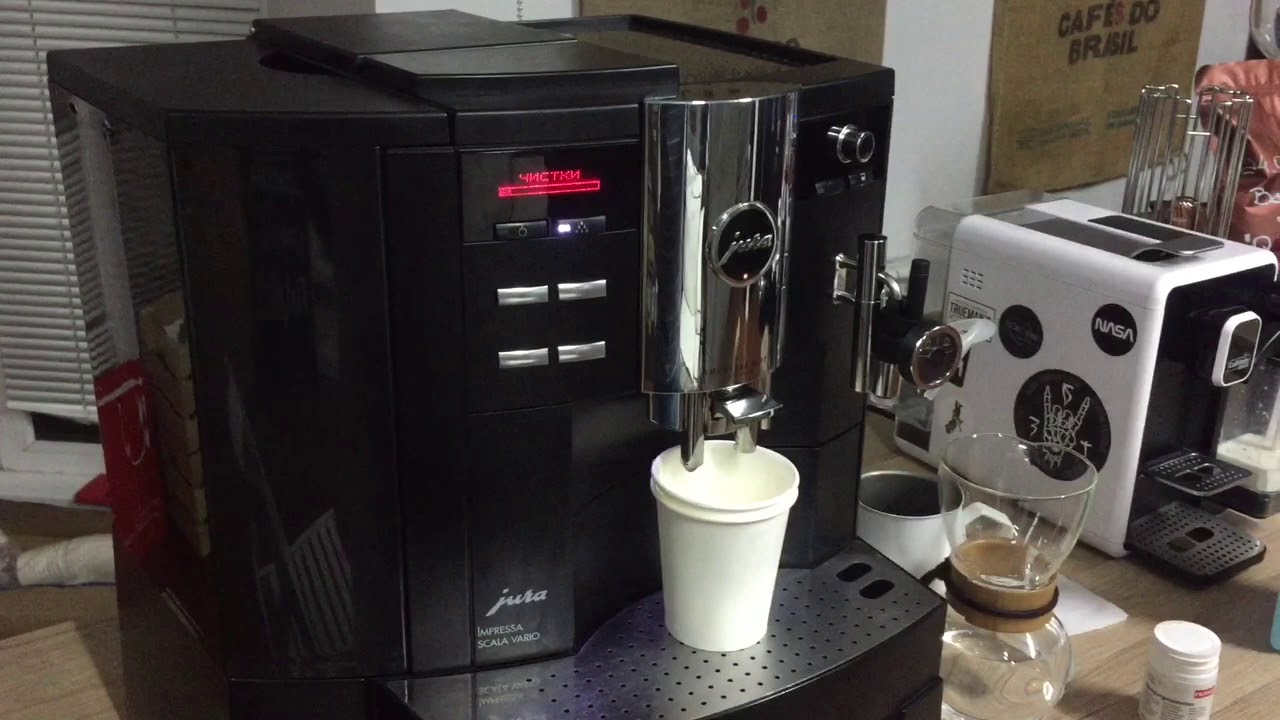
To clean the Delonghi coffee machine, the cleaning concentrate is poured into the hopper, after which hot water is added. About two cups of the "drink" are poured through the boiling water supply tube. After that, the tap that regulates the supply of hot water is closed and the preparation of "coffee" continues. When all the liquid is over, the procedure is repeated, but using cold water. This brand launches its Delonghi Eco cleaning agent, recognized as one of the safest, environmentally friendly, biodegradable and efficiently coping with its task. By the way, this product is suitable for cleaning coffee machines and other brands, as well as for ordinary coffee makers, kettles and other kitchen appliances.
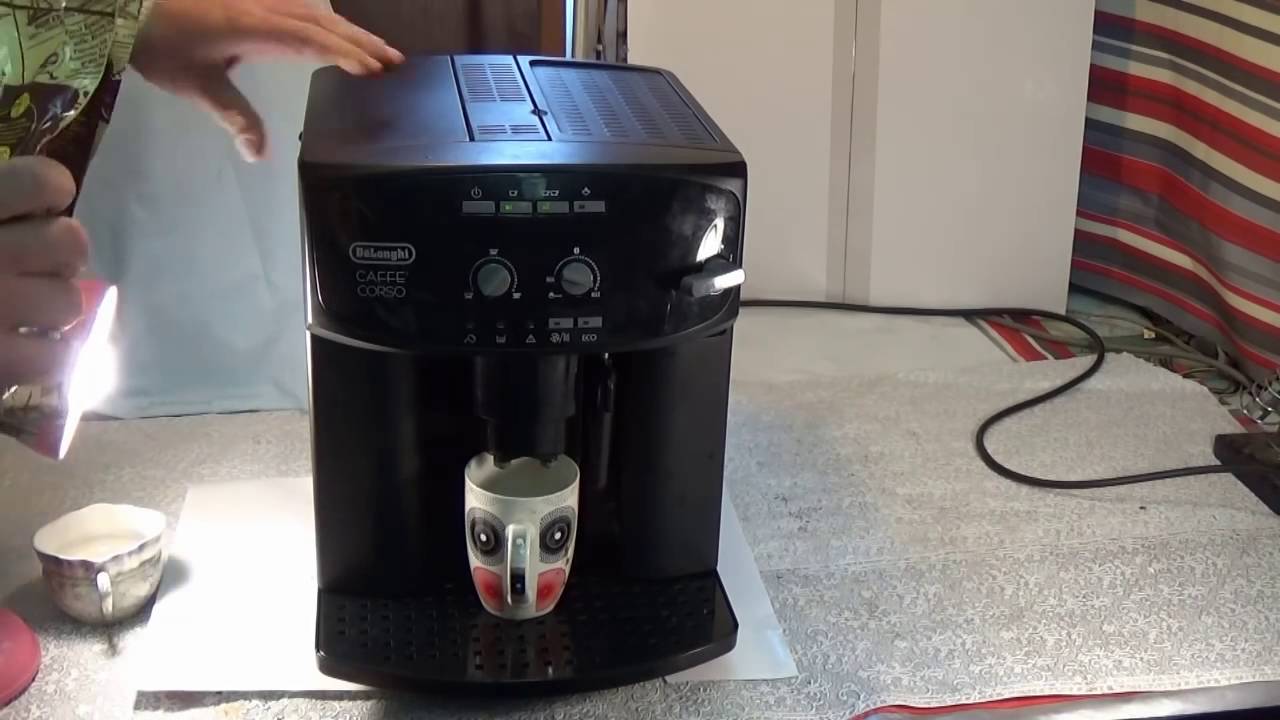
Krups, like other manufacturers, produces its own descaling tablets. In any case, the main thing is to follow the instructions, because each separately taken model has its own mechanism design.
To summarize, it should be noted that the main points of caring for a coffee machine are as follows:
- Correct operation and respect (do not neglect the instructions)
- Using filtered water, or installing a special filter
- Timely mechanical cleaning of removable parts
- Regular lubrication of rubbing parts with food grade silicone
- Regular cleansing of coffee oils
- Regular descaling of internal surfaces
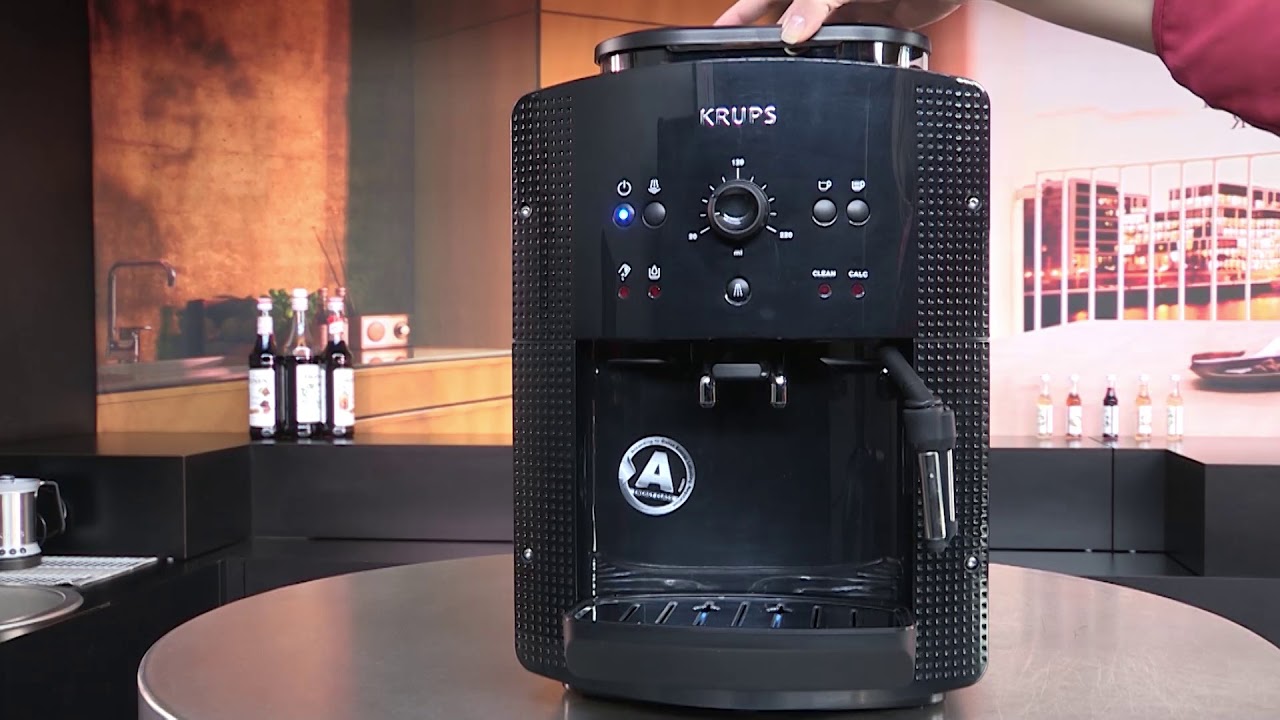
It is the regular maintenance of any device that guarantees its high-quality and trouble-free operation. In addition, most manufacturers equip their devices with self-cleaning functions and produce special cleaning agents that make the task easier for the user. Cleaning the coffee machine is a necessary prophylaxis that will prolong the life of the kitchen appliance, because some parts can be very expensive.The owner only needs to spend about half an hour every five to six months to avoid breakage. The main thing is to choose a suitable descaler (branded or folk) and follow the instructions. With proper treatment and timely care, the coffee machine will last a long time and the taste of the drink will remain saturated.
VIDEO: Descaling the Delonghi coffee machine.
